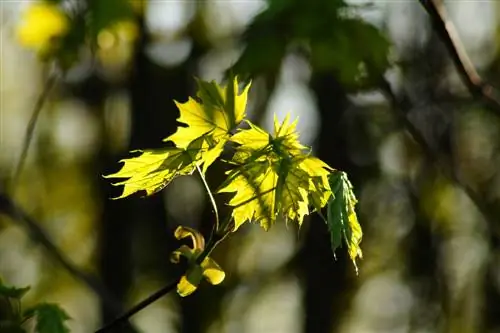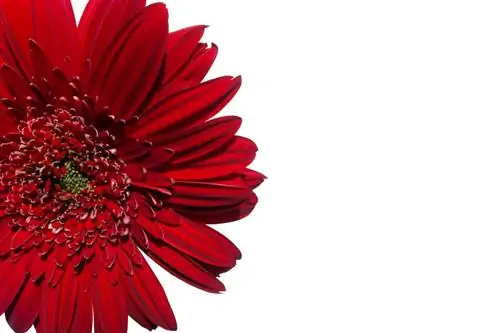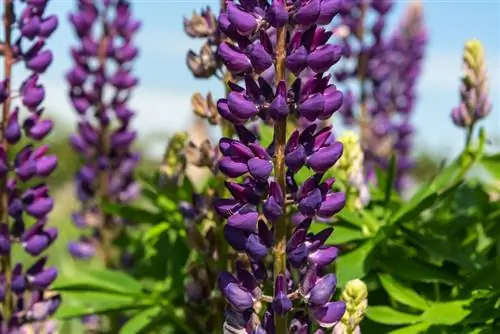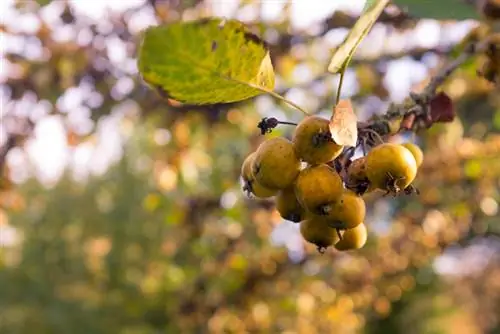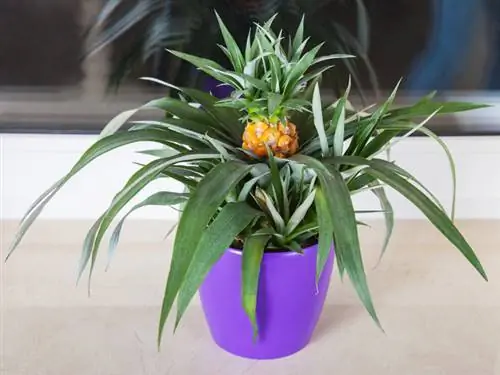- Author admin leonars@hobbygardeners.com.
- Public 2023-12-16 16:46.
- Last modified 2025-01-23 11:21.
In 2016, scientists found that sycamore maple seeds and shoots are responsible for sudden pasture death (grazing myopathy) in horses. Since then, all maple species have been under general suspicion of being poisonous to humans and animals. Find out here whether this assumption applies to the maple maple.

Is the globe maple poisonous to humans and animals?
Is the globe maple poisonous? No, the ball maple (Acer platanoides), a refined version of the Norway maple, is not poisonous to humans or animals. In contrast to the sycamore maple (Acer pseudoplatanus), which is very poisonous, no toxins have been detected in the globe maple and its varieties such as Globosum and Crimson Sentry.
Spherical maple is suitable for the family garden
A team of researchers from Utrecht University in the Netherlands wanted to know whether the toxin hypoglycin A is contained in the three most common maple species. Since ball maple is a refined variant of the Norway maple, the following findings from scientists also apply to the popular house tree:
- Sycamore maple (Acer pseudoplatanus): very poisonous
- Field maple (Acer campestre): not poisonous
- Norway maple (Acer platanoides): not poisonous
Whether and to what extent sycamore maple poses a poisoning risk to people has not yet been scientifically investigated. The fact is that the ingredient has killed a large number of horses and donkeys. No toxin has been detected in Norway maple and its magnificent globe varieties Globosum, Crimson Sentry and other grafts.

